The views expressed in our content reflect individual perspectives and do not represent the authoritative views of the Baha'i Faith.
How did the great Russian writer Leo Tolstoy first hear about the Baha’i teachings?
To find out the answer to that question, let’s look at the life and work of a mostly forgotten author and playwright from the late 19th and early 20th century who sought to translate the Baha’i “spirit and teachings” into her fiction and theatrical works.
The Russian Jewish writer, Beyle (Berta) Friedberg (1864-1944), daughter of Abraham Shalom Friedberg (1838–1902), a prolific author in the Hebrew language himself, was born in Grodno, Russia (today Belarus). When she was 19, her father moved to St. Petersburg, one of the capitals of Russian art and literature. She followed him, immersing herself in Jewish literary circles.
Beyle Friedberg’s father Abraham was compelled to relocate to Warsaw in 1886, while Beyle remained in St. Petersburg, having married Mordechai Spector (1859-1925) in 1886. They were an artistic, literary family, her husband as eminent a Jewish author in the Yiddish language as her father was in Hebrew.
Quiet early in her life, Beyle seems to have adopted the pen name Isabella Grinevskaya in her twenties, and under that pseudonym she published her first novels in the
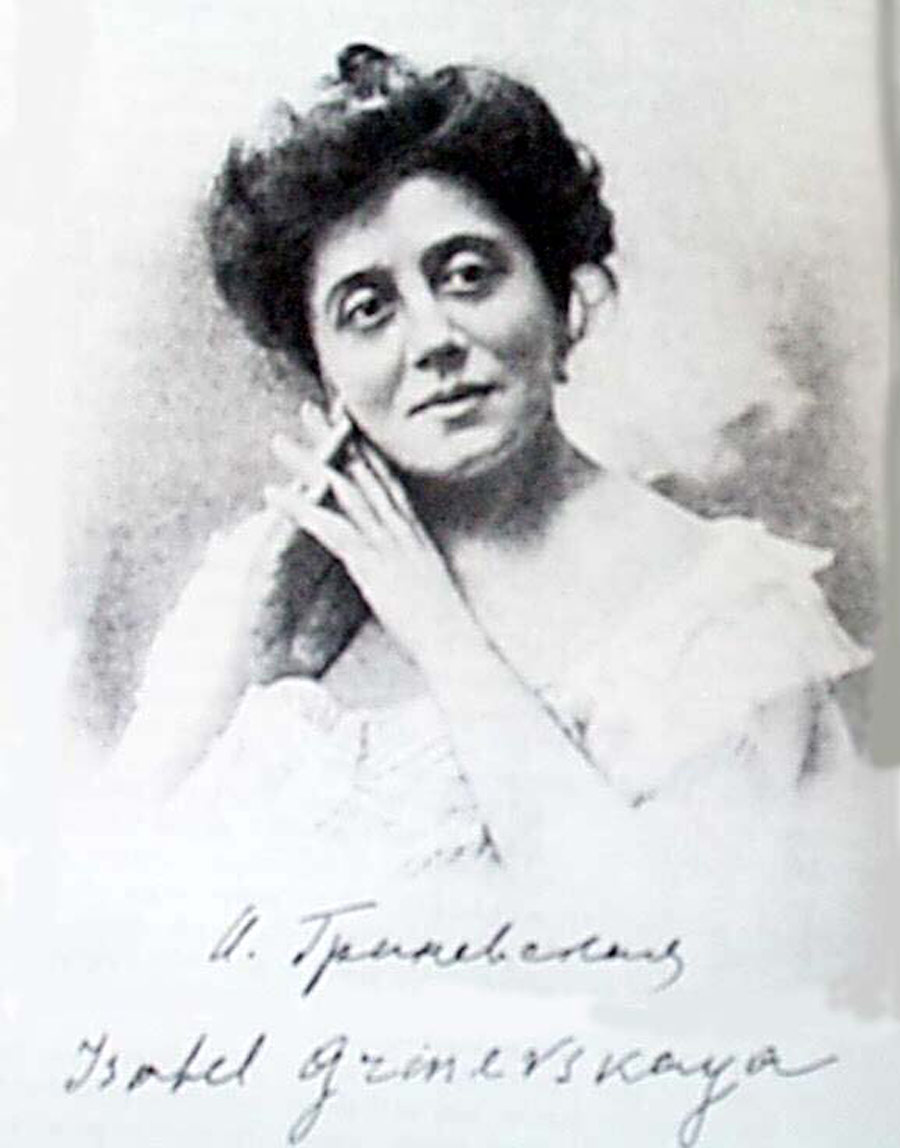
Beyle Friedberg (Isabella Grinevskaya)
“Hausfreund” and in the “Jüdische Bibliothek.” In them, she didactically pointed out the dangers of superficial education, and ridiculed the idea of assimilation.
In 1894, when Beyle/Isabella had reached her third decade, she published another novel, this one issued by a publisher in Warsaw, Poland. She and her husband Mordechai moved to Odessa, Russia in the 1890s, and it apparently at this point she began to write in Russian. Although no date has been found for the couple’s divorce, her husband remarried in 1920 and moved to New York in 1921, so by that time they were no longer married.
By 1903, Beyle/Isabella seems to have returned to St. Petersburg. By that time, she had written and published a play based on the life of Siyyid Ali Muhammad Shirazi, known then and since as “the Bab,” the founder of the Babi religion and the herald and forerunner of Baha’u’llah and the Baha’i Faith.
The following year, in 1904, Isabella Grinevskaya’s play was staged. (It was also reprised in 1916-17.) Tolstoy read the play, and reacted strongly:
Count Tolstoy knew the Baha’i teachings through literature … He first heard of the Baha’i Movement in May, 1903, when Mrs. Isabel Grinevsky brought out in Leningrad (the former capital of Russia that then was called St. Petersburg) a great drama called Bab; it was in verse and gave the illumined history of the Forerunner of the Baha’i Movement, a young man called [the] Bab and His disciples called Letters of the Living; the scenes were laid in Persia. This drama was played in one of the principle theatres of St. Petersburg, in January 1904, and given a remarkable reception. Some of the critics went far in its praise. For example, the poet Fiedler (who afterward translated the drama into German) said: ’We receive from the five acts of the poetical drama Bab more information about the Baha’i Movement than from the deep, scientific researches of Professor Edward G. Browne, Gobineau and Russian scientists and historians …’ Rarely has the renown of any play preceded the performance as has this of Mrs. Grinevsky. – Valentin Bulgakov, Count Leo Tolstoy’s secretary, from a 1927 interview with Martha L. Root, Star of the West, Volume 10, p. 302.
Tolstoy then corresponded with Isabel, and sent his letter to the Russian media, as well:
Count Tolstoy read this drama Bab with great interest, and sent a letter to Mrs. Grinevsky praising her work and telling her he was in sympathy with these teachings of the Baha’i Movement. His letter to her was published in the press of Russia.
Next Count Tolstoy read a booklet by Mr. Arakewian that described further the history of the early followers of the Bab and gave a short account of the teachings. He studied it with eager interest … Count Tolstoy’s heart and soul were in all universal movements like the Baha’i Movement that aim at the unity of all mankind. – Ibid., pp. 303-304.
Art speaks to the soul in ways the intellect can’t, and Baha’is believe that the Baha’i Faith will spread rapidly:
… when its spirit and teachings will be presented on the stage or in art and literature as a whole. Art can better awaken such noble sentiments than cold rationalizing especially among the mass of the people. – letter written on behalf of Shoghi Effendi to an individual Baha’i, October 10, 1932.
In the early part of the 20th Century, long before film and television become so prominent, Abdu’l-Baha predicted that dramatic form would undergo a resurgence:
The drama is of the utmost importance. It has been a great educational power in the past; it will be so again. – Abdu’l-Baha, Abdu’l-Baha in London, p. 93.
The Baha’i teachings also exalt the power of music, and Grinevskaya’s play about the Bab incorporated a beautiful score. The Armenian composer Grikor Mirzaian Suni (1856-1939) lived in St. Petersburg at that time, studying with Rimsky-Korsakov, Glazunov and Lyadov. Suni wrote the music for Isabella’s play, after winning a competition, but his artistic triumph proved short-lived:
In 1904 he participated in a music competition based on Isabella Grinevskaya’s “Bab” dramatic poem depicting Persian life, and from more than thirty musicologists in competition, Suni won first prize. In ten days that piece had twelve performances after which the government forbade any other performances and confiscated the text along with 18 pieces of music. – The Sun Project Music Preservation
In 1910, Beyle/Isabella moved to Constantinople, and in 1910-11, she visited Abdu’l-Baha in Egypt. Perhaps as early as 1903 and certainly by this time, Beyle regarded herself and was regarded as a Baha’i.
During those later years she wrote an essay about her meeting with Abdu’l-Baha and a play about Baha’u’llah. She also carried on correspondence with Russian intellectuals and Baha’is in the East and West, traveling to France and Azerbaijan as well as Egypt. She died in Constantinople in 1944.
Beyle was the first writer to pen a dramatic work based on the life of the Bab, which made an international splash at its premiere—and perhaps will have an even greater impact when it is revived once more.
You May Also Like
Comments



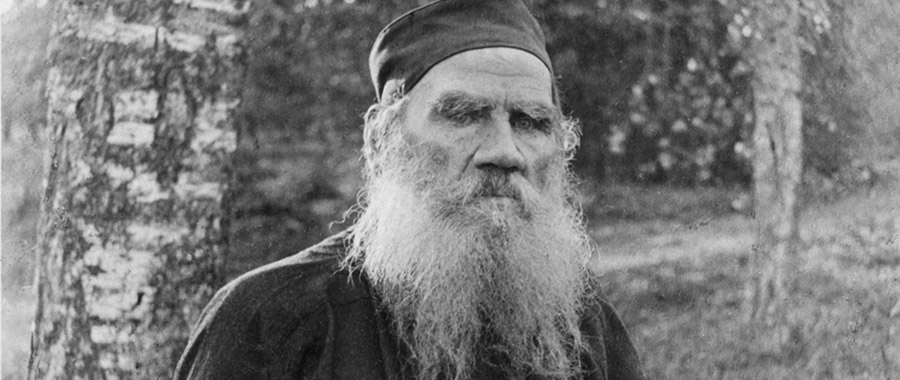

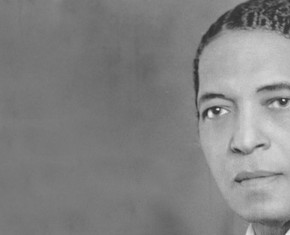
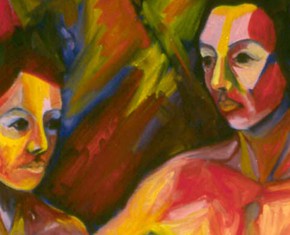
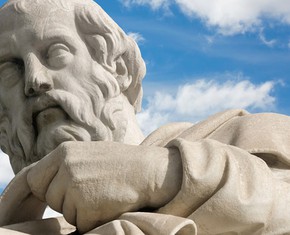









Rubens Dantas